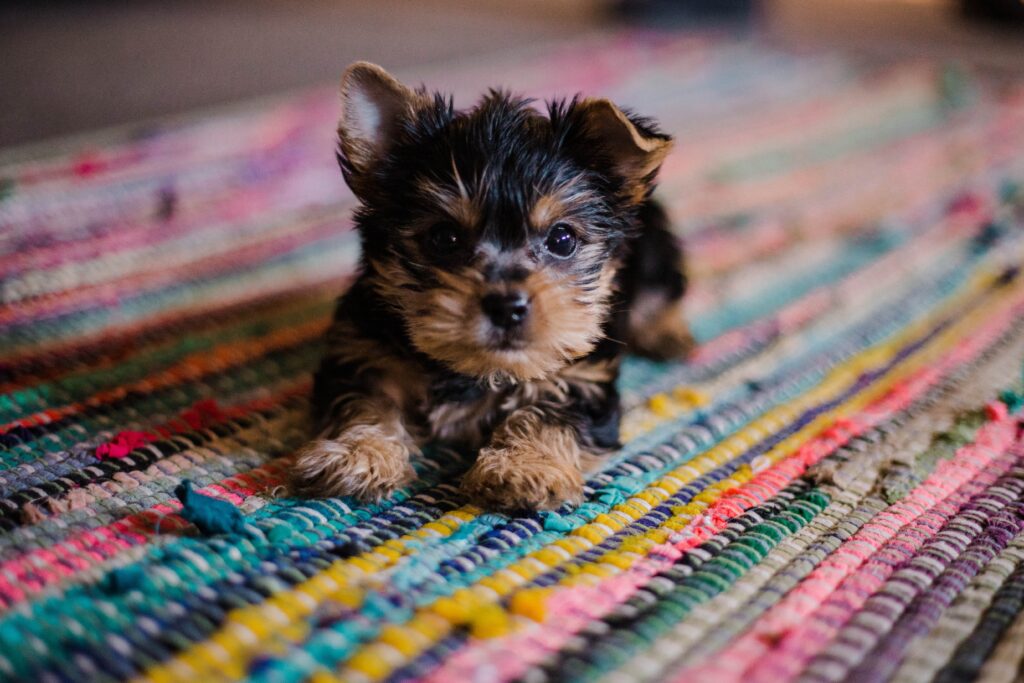- Play Hard
- 9th Jan 2021
- 1,026 Views
- 0
- 1 minutes
How to train your lockdown puppy

North East dog trainer Kate Bean gives us the lowdown on how best to welcome a new four-legged addition to the family

North East dog trainer Kate Bean gives us the lowdown on how best to welcome a new four-legged addition to the family
Subscribe now to receive our twice-weekly emails and exclusive offers for High Life North readers.
Comments